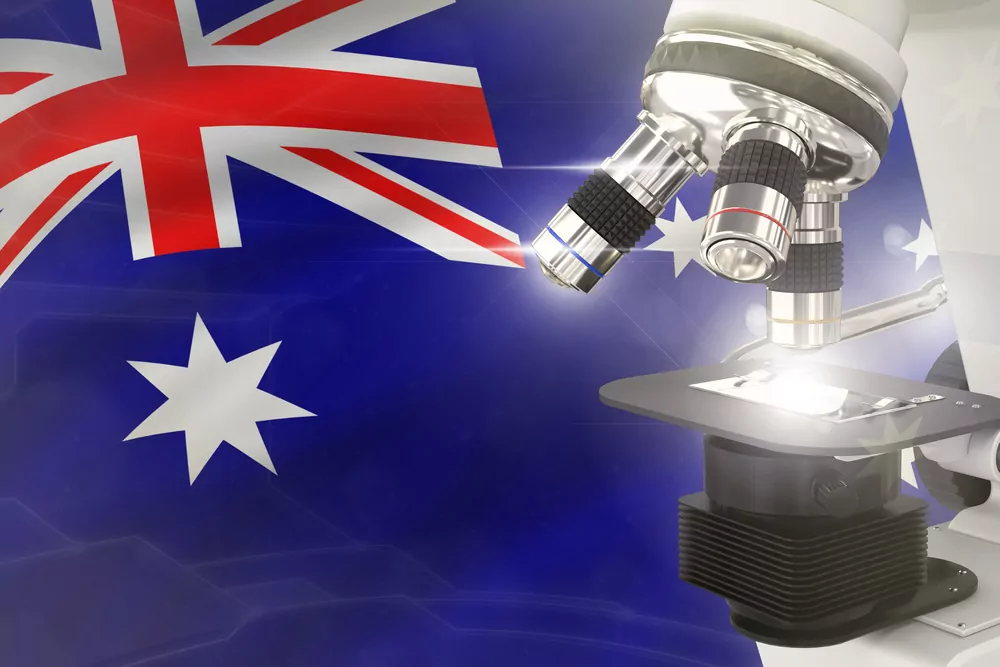TGA has recognized the extended transition period for the European Union’s Medical Device Regulation (EU MDR).
By Camila da Silva Esteves, Manager, Medical Devices/IVD Australia.
While the European Commission’s extension to the EU MDR transition period brought some reprieve for manufacturers, it was unclear whether the TGA would consider any changes to its MDR transitional arrangements.
In a move that brings further relief to manufacturers and sponsors in Australia, the TGA has announced it will accommodate these changes in its transitional arrangements. The TGA will now follow the same dates as the EU MDR, including the “sell-off” provision, which will no longer be in force, allowing sponsors in Australia to keep selling their products until inventories are depleted.
In addition, the TGA will continue to accept Medical Device Directive (MDD) certificates until 2028 for non-implantable devices classified as class IIb or lower-risk products, and 2027 for Class III and IIb implantable devices. This means that the TGA will recognize and accept expired certificates that qualify for extended validity under the EU MDR.
Furthermore, sponsors with existing Australian Register of Therapeutic Goods (ARTG) products supported by expired MDD certificates which qualify for the extension will no longer be required to notify the TGA of its expiry.
The specific dates that must be kept in mind are:
- Until 26 May 2024: TGA will continue to accept MDD certificates that have not expired.
- Until 26 September 2024: TGA will accept MDD certificates that are accompanied by evidence that the manufacturer has applied with a notified body for MDR certification of the device.
- After 26 September 2024: TGA will accept MDD certificates that are accompanied by evidence that the manufacturer has a contract with a notified body for MDR certification of the device:
- until 31 December 2027, for class III and implantable class IIb devices
- until 31 December 2028, for non-implantable class IIb and lower-risk devices.
However, the impact of the EU MDR changes on Australia’s reclassification and personalized medical device reforms is still being evaluated by TGA. We will keep you informed as the situation progresses.








